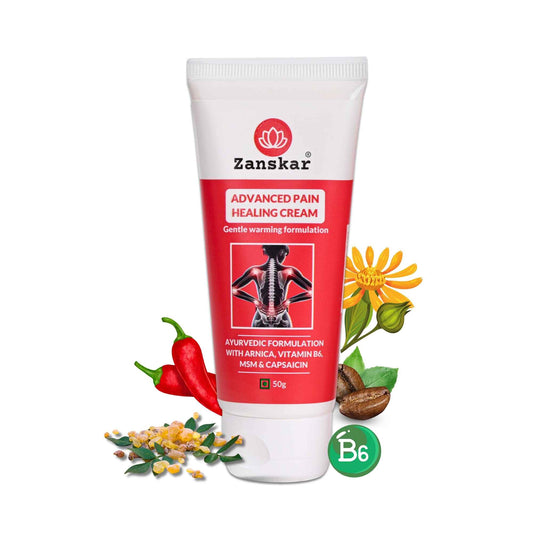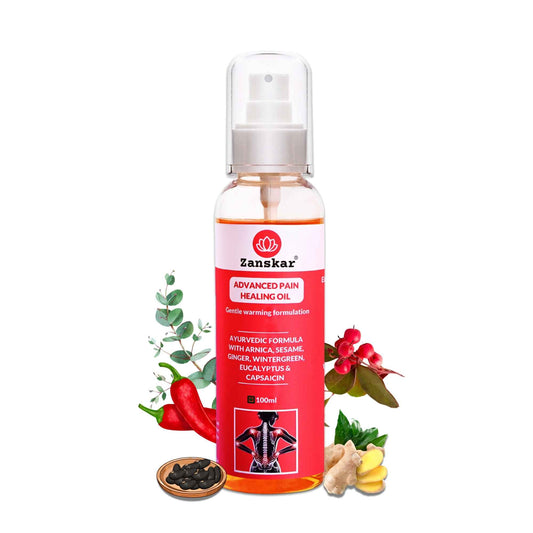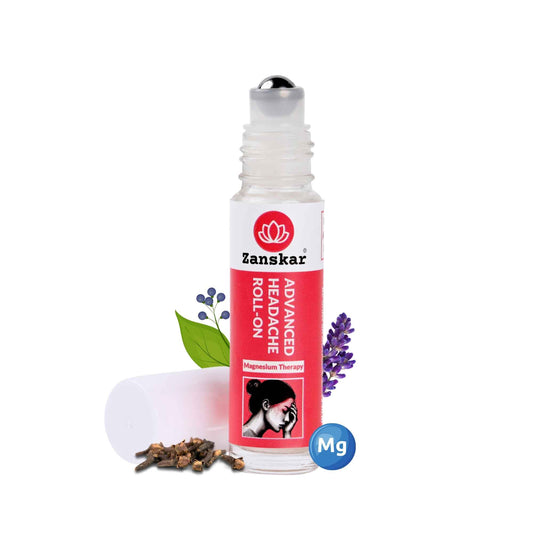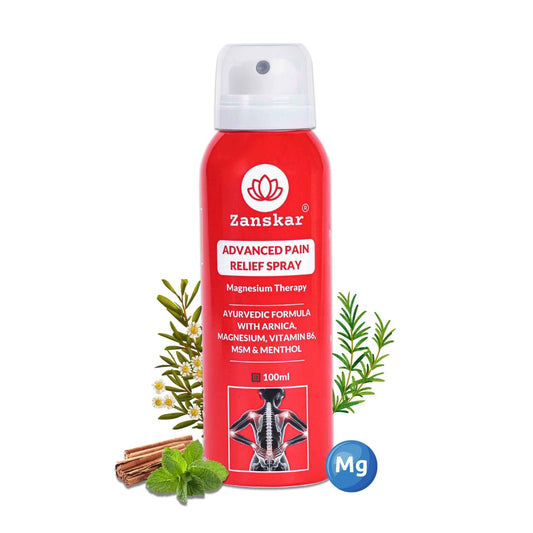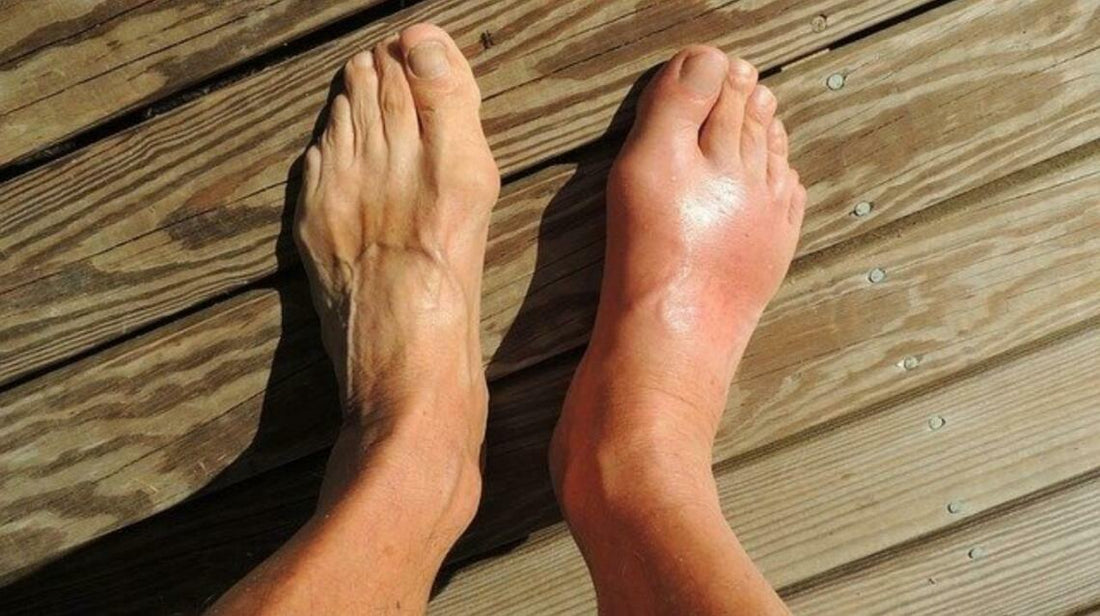
Uric Acid: Essential diet tips for gout patients
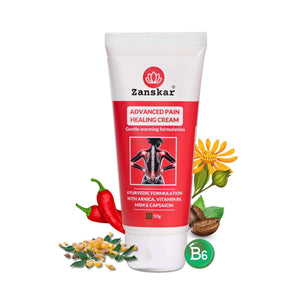
Uric acid is a waste product that results from the breakdown of purines, which are natural substances that are found in almost all foods. It is filtered by our kidneys and gets out of the body through urine. However, if in case our body fails to excrete uric acid, it can form solid crystals in the joints, a condition that is referred to as gout.
It should be noted that the level of uric acid in blood could elevate if our body produces too much of uric acid or isn’t able to excrete it.
Some other factors that may cause high uric acid are:
- Drinking alcohol in excess
- Taking diuretic medications or water pills - these are prescribed to prevent fluid buildup in body
- Obesity
- Psoriasis
- Hypothyroidism
- Excess intake of purine enrich diets such as liver, mushrooms, peas, dried beans, pulses
Foods you must avoid
People suffering from high uric acid should stay extra conscious about their diet. Below are some important diet tips for high:
- You must reduce your fat intake as it can reduce the excretion of uric acid.
- You must eliminate or restrict your consumption of alcohol.
- Another category that should be avoided is whole pulses. Do not have masur, rajma, chana and chole.
- When it comes to vegetables and fruits, avoid green peas, spinach, cauliflower, French beans, brinjal, mushroom, custard apple and mud apple (chickoo).
- Avoid taking salt in excess. While cooking, add less salt. Some people tend to add salt while cooking rice or preparing dough. Avoid it.
- Use of adjuncts such as tomato, lime juice, curd, vinegar, kokum, amchur and pepper powder should be avoided.
- You should not have salted nuts, chutneys, pickles, salted biscuits and papads.
- Excessive consumption of processed and preserved foods should also be restricted. These foods include bakery products, chips and fried foods too.
- Avoid having red meat, shell fish, mince meat, meat extracts and organ meats. You should also avoid certain types of fish such as sardine, mackeral and roe.
Foods you must have
People with hyperuricemia should include the following items in their diet
- Fresh cherries, including strawberries, blueberries and red-blue berries
- Bananas
- Vegetables like cabbage and parsley
- Foods that are high in bromelain like pineapple
- Low-fat dairy products
- Low-purine nuts and seeds such as walnuts, almonds, flaxseeds and cashew nuts
- Complex carbohydrates like bread and cereals
- Foods enriched with vitamin C such as oranges, potatoes, red bell peppers and red cabbage
- You should have ‘liberal fluid intake’ as it will help in keeping the urine diluted.
Though purines are found in almost all vegetable sources but they don’t cause the same amount of uric acid build-up in the body when compared to meat sources. According to Zanskar experts, eating fresh fruits and vegetables helps in reducing acid levels in the body. They not only increase alkalinity in the blood but are also essential for our well-being.
Learn More About Zanskar Health
If you have joint or muscle pain that makes it hard to move, Zanskar offers the most advanced full stack pain relief solutions for you.
Now available to purchase, Zanskar® Advanced Pain Care Products have a unique formulation of natural bioactive ingredients and provide lasting relief from muscle and joint discomfort that you can feel good about. Get your fix before stocks run out - buy now.
You can also gain access to therapeutic exercises and stretches for your condition by downloading the Zanskar Health physiotherapy mobile app. Additionally, you’ll have a personal care team to guide, support, and tailor our program to you, including behavioral and nutritional coaching.
Download our mobile app here 👉 download and track your exercise streak.
Medical Review: This article is written by Dr Nishtha Mittal (Senior Health Content Editor at Zanskar Health) and has been medically reviewed by the medical team at Zanskar Health. This article and its contents are provided for educational and informational purposes only and do not constitute medical advice or professional services specific to you or your medical condition.




